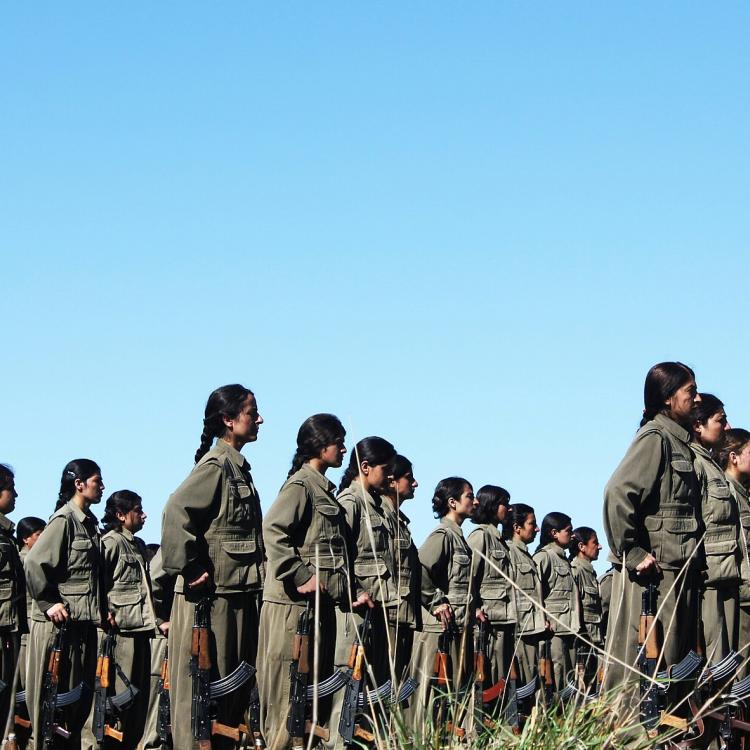Nationwide protests erupted as the president of Turkey, Recep Tayyip Erdoğan, had his biggest political rival arrested last Wednesday and jailed today on counts of corruption and links to terrorism.
Even with a longstanding reputation for imprisoning previous political rivals from Kurdish opposition leader Selahattin Demirtaş to the leader of the ultranationalist Victory Party, Ümit Özdağ, the arrest of Istanbul mayor, Ekrem İmamoğlu, came as a particular novelty. Erdoğan has never before unapologetically targeted a mainstream opposition party whose history arcs back to the very founding of the modern Turkish republic.
Ekrem İmamoğlu was first elected mayor of Istanbul in 2019 in what many see as the second most important political position in Turkey. The 54-year-old former businessman who comfortably beat President Erdoğan’s candidate in last year’s Mayoral election is facing a string of criminal probes. His arrest has sparked nationwide protests against an increasingly authoritarian President who has governed Turkey for over 20 years and one who is potentially eyeing an unprecedented third term.
Erdoğan’s Turkey was playing an increasingly influential role in European defence especially after Trump dialled back on former president, Joe Biden’s commitments to Ukraine. The country’s military influence is well-recognised by its western partners with a standing army larger than any other member across NATO bar the U.S. Analysts therefore believe that Europe’s turn to Turkey for security combined with Trump’s opportunism to collaborate with strongmen had only emboldened Erdoğan to take swift political action against his main political rival.
The arrest of İmamoğlu also came days before the Republican People’s Party’s (CHP) plans to announce him as their presidential candidate to face Erdoğan’s Justice and Development Party (AKP) in the upcoming 2028 elections. With the arrest of İmamoğlu, the trajectory of Erdoğan’s leadership seemed to have taken an abrupt shift. Speaking to the Financial Times, Capital Economics noted that Istanbul’s mayor’s arrest was a sign that “political rather than economic concerns may be starting to dominate President Erdoğan’s thinking”.
The comment comes in light of an easing economic hardship that saw Erdoğan halve inflation rates from levels as high as 85% to the mid-40s. His recent peace deal with the armed insurgent group, Kurdistan Workers' Party (PKK), also signalled a re-setting of traditional ties between the minority Kurdish population in Turkey and the government. Despite Erdoğan’s recent progress across the economy and security, İmamoğlu’s appeal to a broad base of supporters from Kurds to secularists still poses a threat to the leader’s grip on power.

